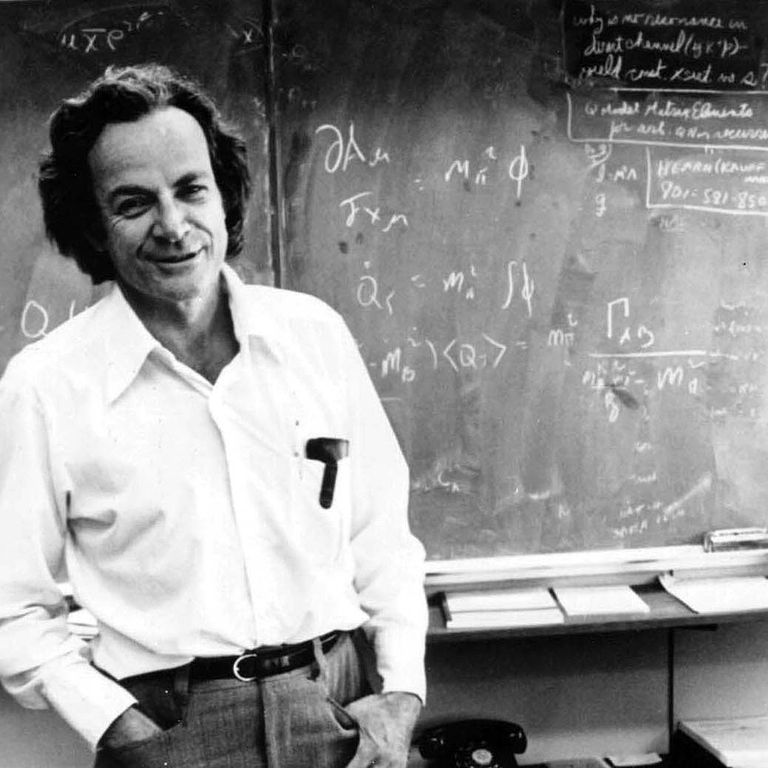
Richard Feynman: The Curious Mind That Changed Mine
I’ve always been fascinated by Richard Feynman—not just because of his incredible contributions to physics, but because of his philosophy on life and his endless curiosity. His way of thinking has had a huge impact on me personally.
I’ve read pretty much all of his books, both the ones he wrote and those written about him. Surely You’re Joking, Mr. Feynman! was my introduction to his world, and it was a game-changer. Then I dived into The Joy of Finding Things Out, The Meaning of It All, What Do You Care What Other People Think?, and many more. Each one offered new insights and inspired me in different ways.
Listening to his lectures on YouTube became a regular habit. There’s something special about hearing him explain complex ideas in such a simple and engaging way. His honesty and dedication to finding the truth really resonate with me.
One of my favorite quotes of his is:
“I would rather have questions that can’t be answered than answers that can’t be questioned.”
This idea has shaped the way I approach life. It reminds me to stay curious and never settle for easy answers. It’s okay not to have all the solutions—as long as we keep asking questions. This mindset has helped me believe that I can learn anything I set my mind to. It’s fueled my curiosity and pushed me to explore new subjects, even if they’re outside my comfort zone.
Feynman’s approach also tapped into my rebellious side—not in a chaotic or anarchist way, but in a way that challenges the status quo. I don’t accept things just because someone says, “that’s how it is.” Instead, I dig deeper and try to understand the “why” behind things. This kind of thinking is sometimes called heterodox, which means having different or unconventional views.
Another person who has influenced me is Charlie Munger. He’s well-known for his ideas about mental models, which are like tools or frameworks we use to understand how the world works. In his book Poor Charlie’s Almanack, he talks about the *Lollapalooza effect. This is when multiple factors come together to create a big outcome—often bigger than you’d expect from any one factor alone. Munger discusses psychological biases and how they can lead us to make mistakes in judgment.
I believe that Feynman’s way of thinking influenced people like Munger. Both emphasize the importance of questioning assumptions and understanding things deeply. They’ve taught me to be aware of my own biases and to think critically about the information I encounter.
It’s sad that Charlie Munger passed away. He was a hero of mine, just like Feynman. Their teachings have made me feel connected to the scientific community, even though I don’t work in a scientific field. They’ve inspired me to keep learning and stay curious about the world around me.
Another quote from Feynman that I love is:
“The first principle is that you must not fool yourself—and you are the easiest person to fool.”
This reminds me to stay honest with myself and not let ego or wishful thinking cloud my judgment.
And:
“I learned very early the difference between knowing the name of something and knowing something.”
This pushes me to go beyond labels and really understand how things work. In this very short video above you can see the joy and enthusiasm that Feynman has for what he is talking about. He’s explaining something so simple that we take for granted about our understanding of the world and he communicates that in such a profound way!
Feynman’s curiosity and approach to life have had a profound impact on me. They’ve taught me that it’s okay to question, to explore, and to never stop learning. His influence, along with thinkers like Charlie Munger, has shaped my willingness to delve into new areas and embrace the unknown.
In the end, they’ve shown me that the pursuit of knowledge is a journey without end—a journey that’s all the more rewarding because of the questions we ask along the way.